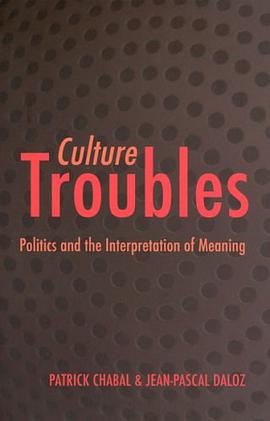

具體描述
Modern Lebanese cinema can best be explored in the context of the Civil War, in part because almost all the Lebanese films made since its outset in 1975 have been about this war. Lina Khatib takes 1975 Beirut as her starting point, and takes us right through to today for this, the first major book on Lebanese cinema and its links with politics and national identity. She examines how Lebanon is imagined in such films as Jocelyn Saab's 'Once Upon a Time, Beirut', Ghassan Salhab's 'Terra Incognita', and Ziad Doueiri's 'West Beirut'. In so doing, she re-examines the importance of cinema to the national imagination. Also, and using interviews with the current generation of Lebanese filmmakers, she uncovers how in the Lebanese context cinema can both construct and communicate a national identity and thereby opens up new perspectives on the socio-political role of cinema in the Arab world.
著者簡介
圖書目錄
讀後感
評分
評分
評分
評分
用戶評價
相關圖書
本站所有內容均為互聯網搜索引擎提供的公開搜索信息,本站不存儲任何數據與內容,任何內容與數據均與本站無關,如有需要請聯繫相關搜索引擎包括但不限於百度,google,bing,sogou 等
© 2026 book.quotespace.org All Rights Reserved. 小美書屋 版权所有




















